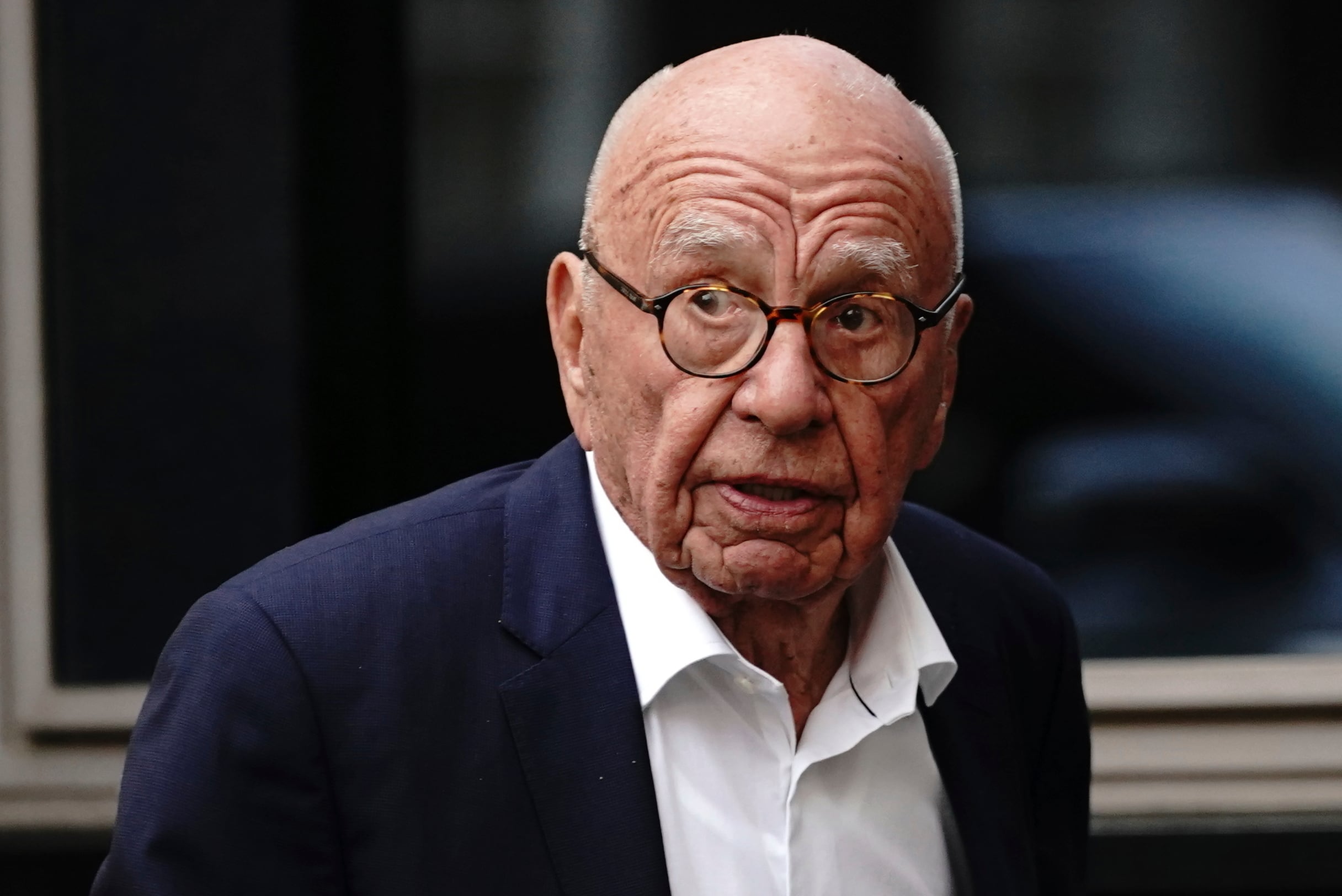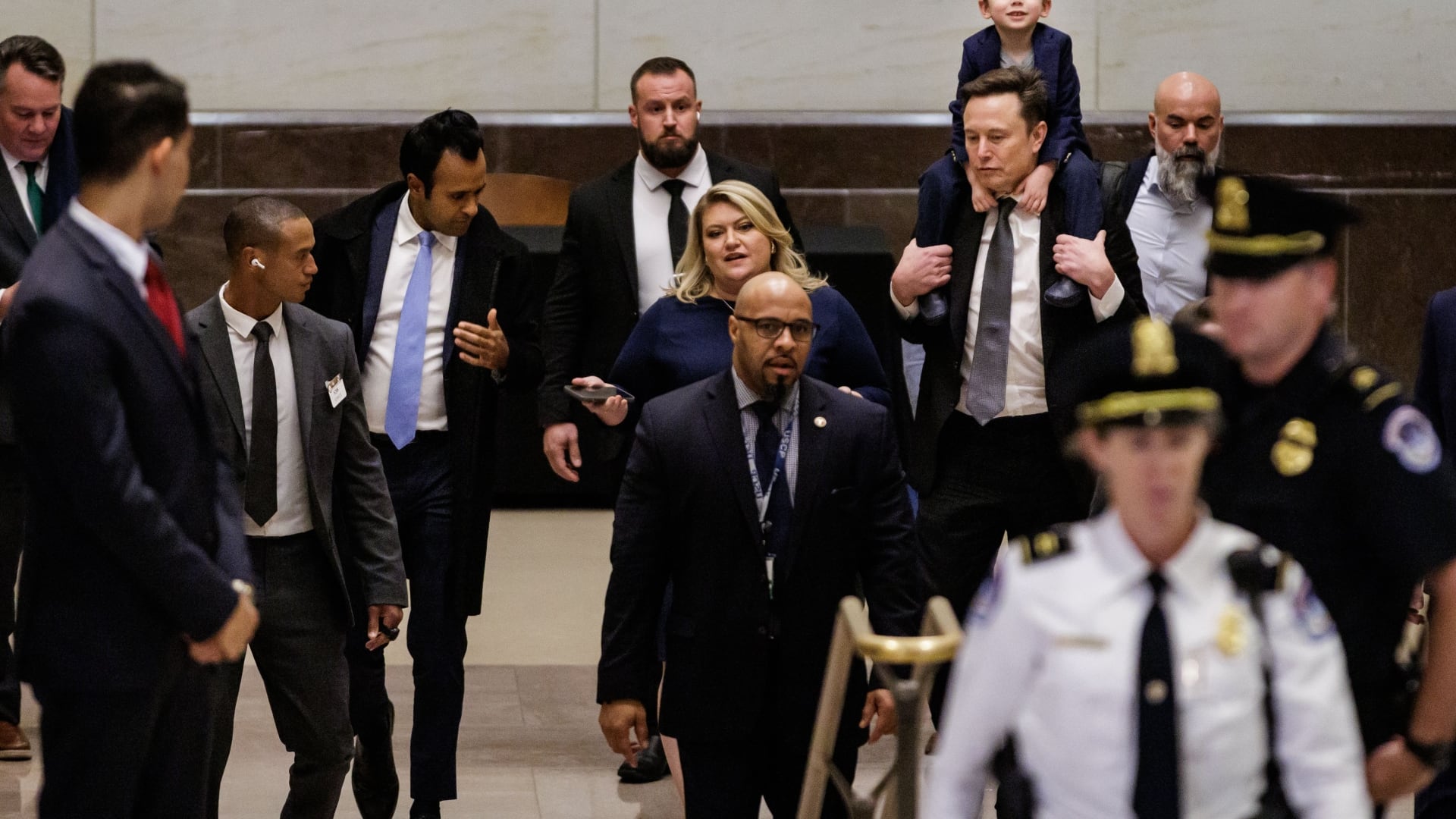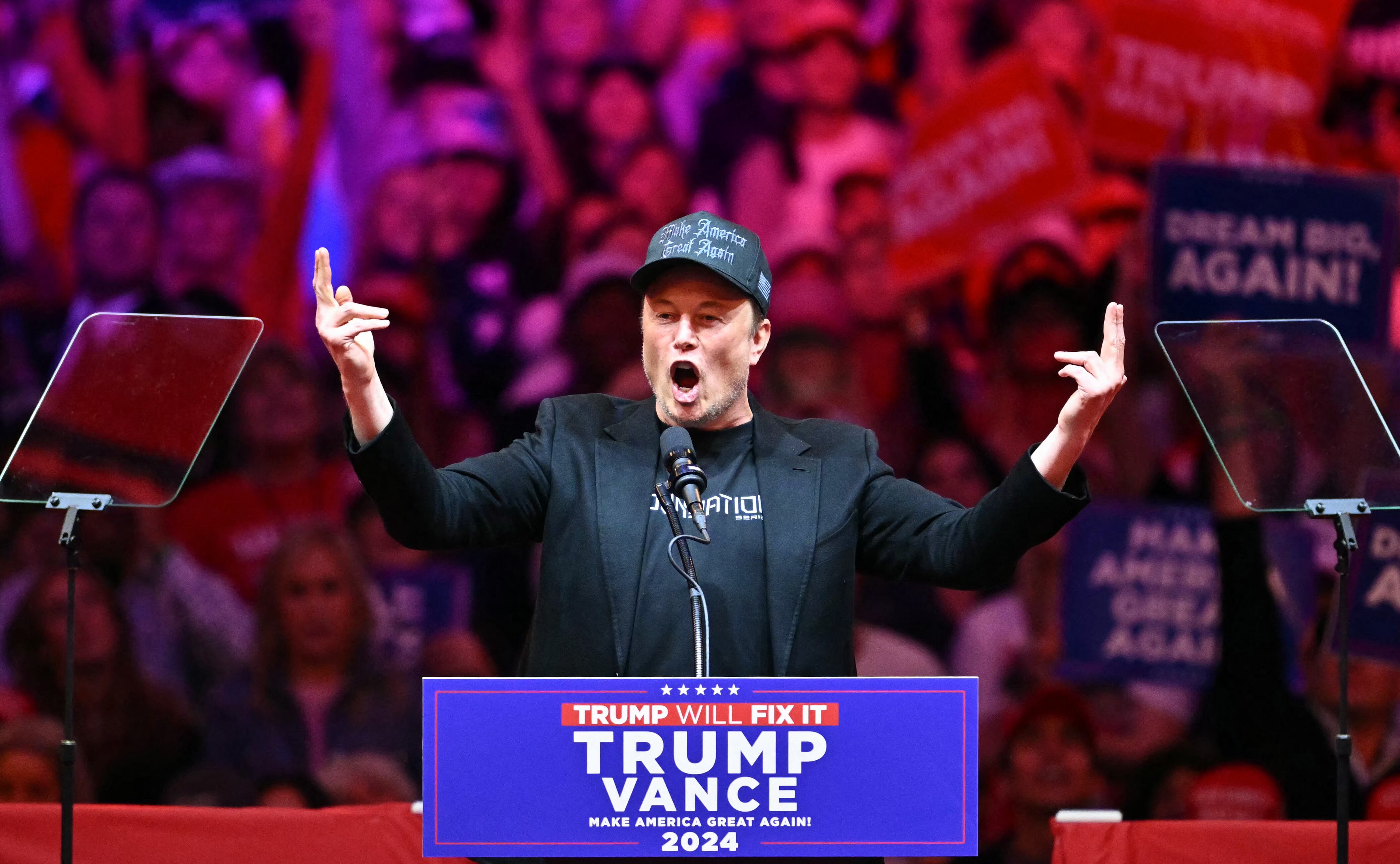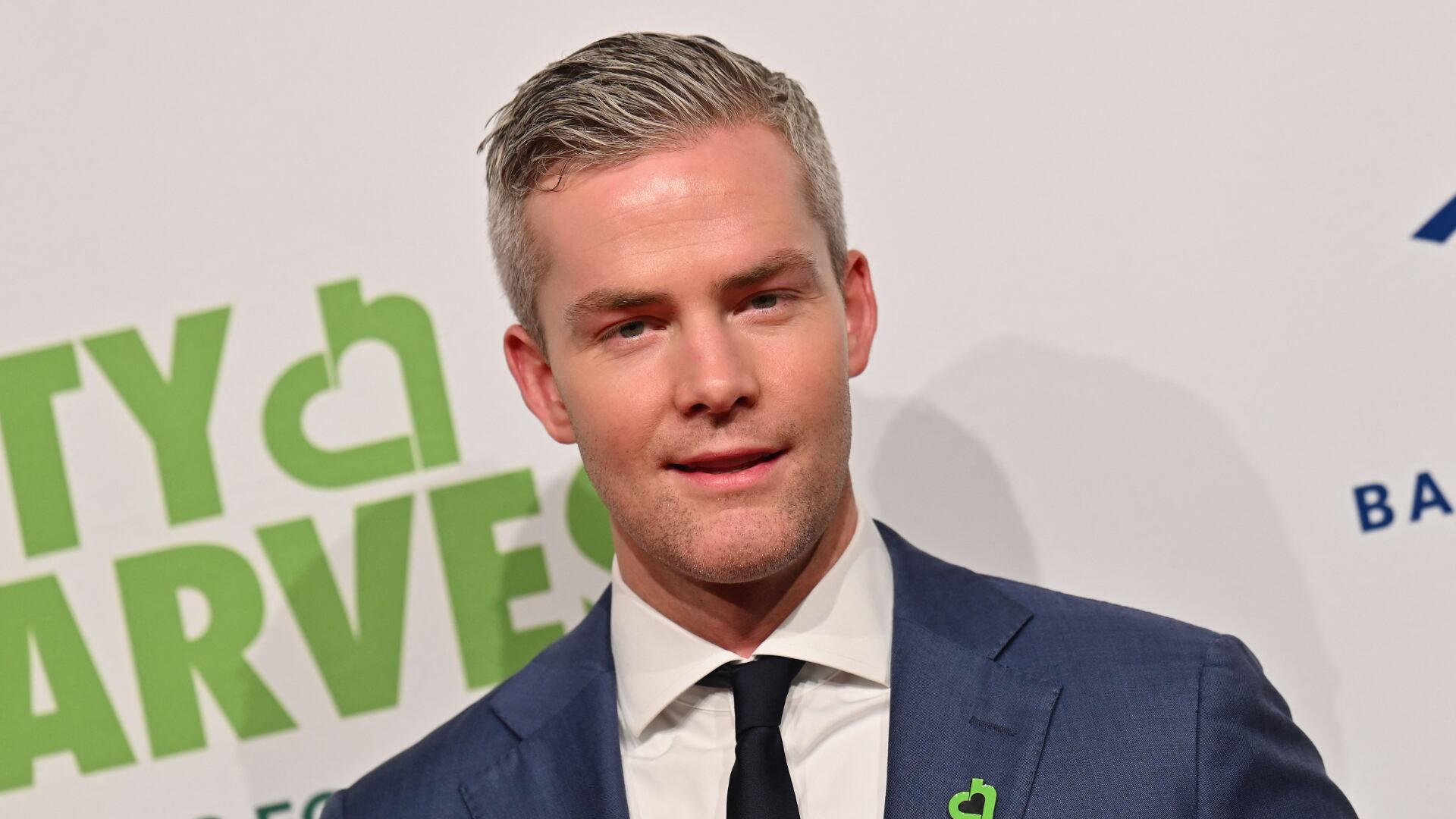Verizon is looking to continue expanding 5G services across the U.S. Last month, in partnership with Amazon Web Services, the communications giant launched mobile edge computing, or MEC, to help reduce latency and unlock the potential for advancing a variety of use cases, according to Kyle Malady, chief technology officer at Verizon.
"When you think about marrying the great performance of 5G ultra wideband, along with this new computing power, you can create a new platform that will allow developers to create new and exciting products," Malady told Cheddar.
But what does that mean for the average person? Customers using new applications developed with mobile edge computing technology should experience fewer lags, concerts and other live events could be enhanced through the use of "A.R. and V.R. type experiences," and there could be a host of medical advances, according to the CTO.
"Right now, we're working with a firm...they can use this capability for diagnostic purposes, and we're testing it in a few hospitals right now to find polyps, to find cancer," Malady explained.
While multiple industries have been slowed as a result of the coronavirus pandemic, Malady said Verizon has stayed committed to its goal of bringing 5G services to more U.S. cities.
"We're on track to deliver all the things we told the street we would," he stated. "Even with COVID, we've been able to overcome, and we continue to deploy the network for ultra wideband. We're also working on our nationwide service, which will be out in the fourth quarter."
As the company continues to roll out 5G access across the U.S., coupled with the addition of the new MEC service, Malady made assurances that sustaining current capacity is a top priority.
"As a matter of fact, our network held up really well during COVID when people's usage patterns changed quite significantly," he said.












